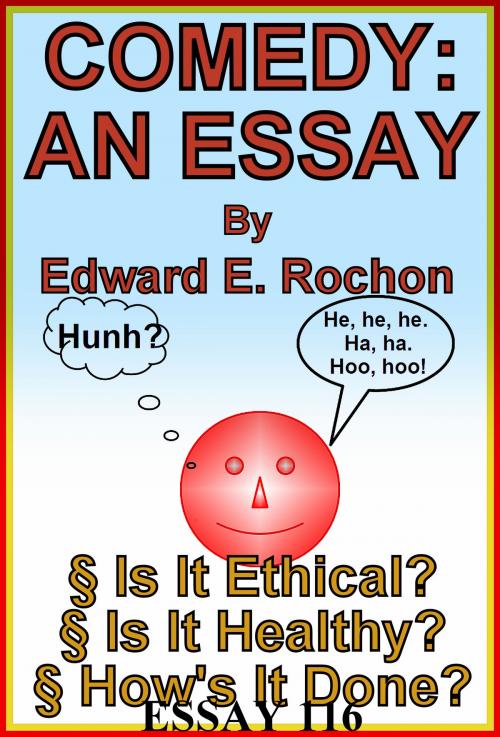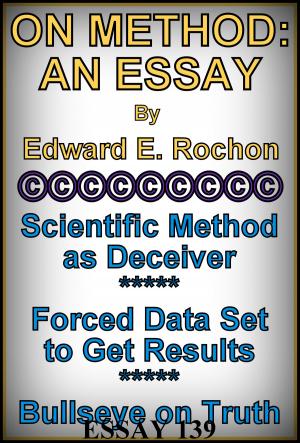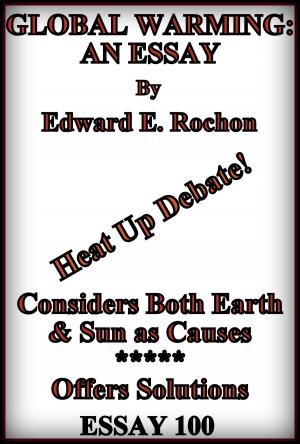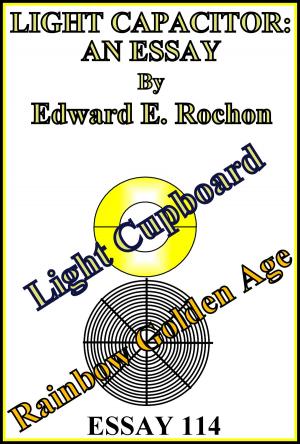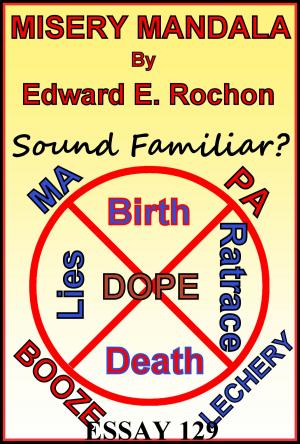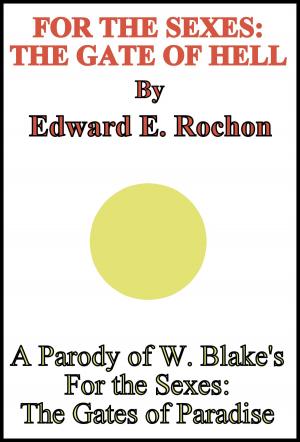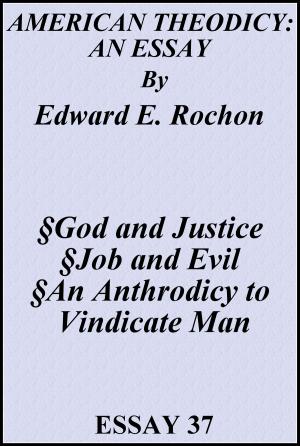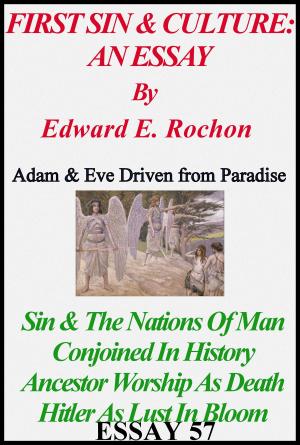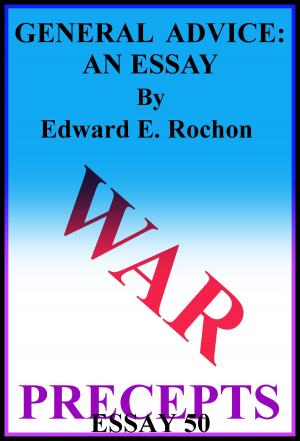| Author: | Edward E. Rochon | ISBN: | 9781370606283 |
| Publisher: | Edward E. Rochon | Publication: | December 4, 2016 |
| Imprint: | Smashwords Edition | Language: | English |
| Author: | Edward E. Rochon |
| ISBN: | 9781370606283 |
| Publisher: | Edward E. Rochon |
| Publication: | December 4, 2016 |
| Imprint: | Smashwords Edition |
| Language: | English |
A brief preface explains my motive for writing and a brief summary of essay content. Chapter 1 describes the three basic theories along with a fourth. One: Superiority Theory. We laugh to feel superior, laugh at others. Two: Relief. We have pent up energy that needs to be released, whether from anger, fear or other motives. Three: Incongruity. Puns and things that are out of context from premise to conclusion or nonsense. Four: Health Theory. This incorporates all three. We want relief to stay healthy, relieve stress, etc. I speak of mandatory smiling in public service jobs or entertainment and a few other tidbits. Chapter 2 explains why a superiority theory is based on stress. If we are not superior to others, we get less status, money, sex. We are more likely to be fired than not, etc. This builds up stress that must be released. The relief theory is underlying this. Incongruity also relieves stress. For example, at a long seminar it can be hard to focus. If the speaker cracks a joke, this relieves tension from concentration and allows the body to recover by relaxation. If we go to the seminar, we expect something valuable. To lose that thing of value due to failure to learn is stressful. How about the stress on kids in school to pass tests, employees in company sponsored training, Marine Boot Camp. A little absurdity can bring relief. Chapter 3 discusses the three rules of comedy: 1) Target your audience. 2) Get the audience in the mood to laugh. 3) Nothing is funny, so do not try to be funny. I detail these points, mention Jewish comedians, Dick Cavett and a few other things.
A brief preface explains my motive for writing and a brief summary of essay content. Chapter 1 describes the three basic theories along with a fourth. One: Superiority Theory. We laugh to feel superior, laugh at others. Two: Relief. We have pent up energy that needs to be released, whether from anger, fear or other motives. Three: Incongruity. Puns and things that are out of context from premise to conclusion or nonsense. Four: Health Theory. This incorporates all three. We want relief to stay healthy, relieve stress, etc. I speak of mandatory smiling in public service jobs or entertainment and a few other tidbits. Chapter 2 explains why a superiority theory is based on stress. If we are not superior to others, we get less status, money, sex. We are more likely to be fired than not, etc. This builds up stress that must be released. The relief theory is underlying this. Incongruity also relieves stress. For example, at a long seminar it can be hard to focus. If the speaker cracks a joke, this relieves tension from concentration and allows the body to recover by relaxation. If we go to the seminar, we expect something valuable. To lose that thing of value due to failure to learn is stressful. How about the stress on kids in school to pass tests, employees in company sponsored training, Marine Boot Camp. A little absurdity can bring relief. Chapter 3 discusses the three rules of comedy: 1) Target your audience. 2) Get the audience in the mood to laugh. 3) Nothing is funny, so do not try to be funny. I detail these points, mention Jewish comedians, Dick Cavett and a few other things.
